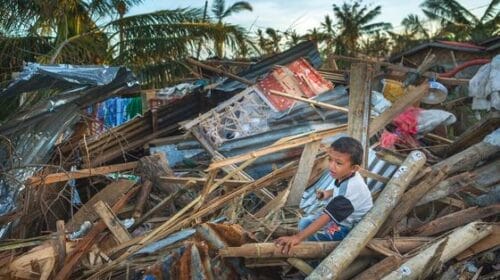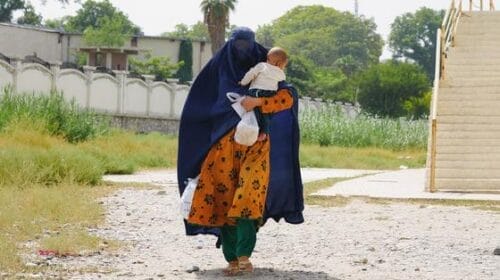A quarter of Pacific islanders live below ‘basic needs poverty lines’, top UN development forum hears

“Of the four countries globally that are without women parliamentarians, three are in the Pacific,” she asserted.
Turning to non-communicable diseases (NCDs), she pointed out that regarding diabetes, seven Pacific countries are in the top 10 globally. And in 10 SIDS, five out of 10 Pacific islanders are overweight.
“Moving forward, Pacific leaders are committed to more targeted support to enhance opportunities for women, youth, and persons with disabilities; addressing gender gaps in employment and decision making; enhancing sustainable tourism and fisheries while conserving the Pacific’s rich biodiversity; tackling NCDs and the dual threats of climate change and disasters more effectively”, she informed the meeting.
She expressed the Pacific’s gratitude for $1.57 billion from the Green Climate Fund and said, “our challenge now is implementation ensuring we better utilise existing funding; strengthen capacities, institutions and partnerships; and increase investment in statistical systems”.
‘A holistic approach’ needed
Turning to Least Developed Countries (LDCs), the HLPF evaluated progress and challenges in some of the world’s most vulnerable countries where populations are at high risk of being left behind, many in conflict or post-conflict situations.
Many people in LDCs and landlocked developing countries (LLDCs) are disempowered by poverty and the lack of access to basic services. They not only do not benefit from economic growth but high annual population growth rates present challenges for enrolment in higher education, and in training a skilled workforce.
Moreover, climate change and its associated risks have put additional pressures on households and government resources in LDCs and LLDCs.
To achieve sustainable results, development must be “a holistic process”, Saad Al Farargi, Special Rapporteur on the right to development told the meeting. One that requires the input and involvement of diverse groups, including States, international organizations, civil society, academia and the private sector.
“Development programmes and policies can only succeed if they are addressing the right priorities”, he maintained. “To do that, participatory consultative processes, open for all segments of the society, have to be envisaged, budgeted for an implemented at every step of the way”.




